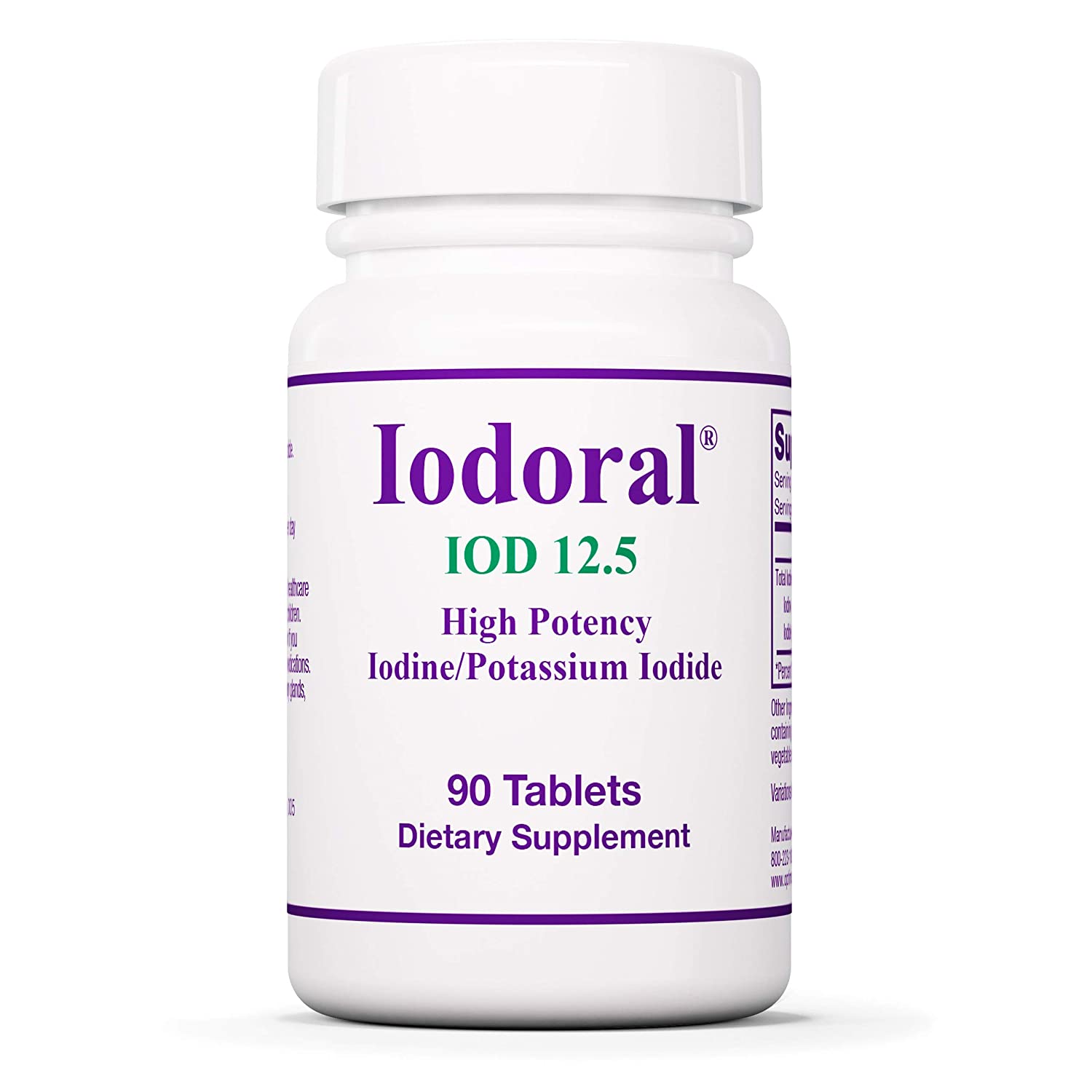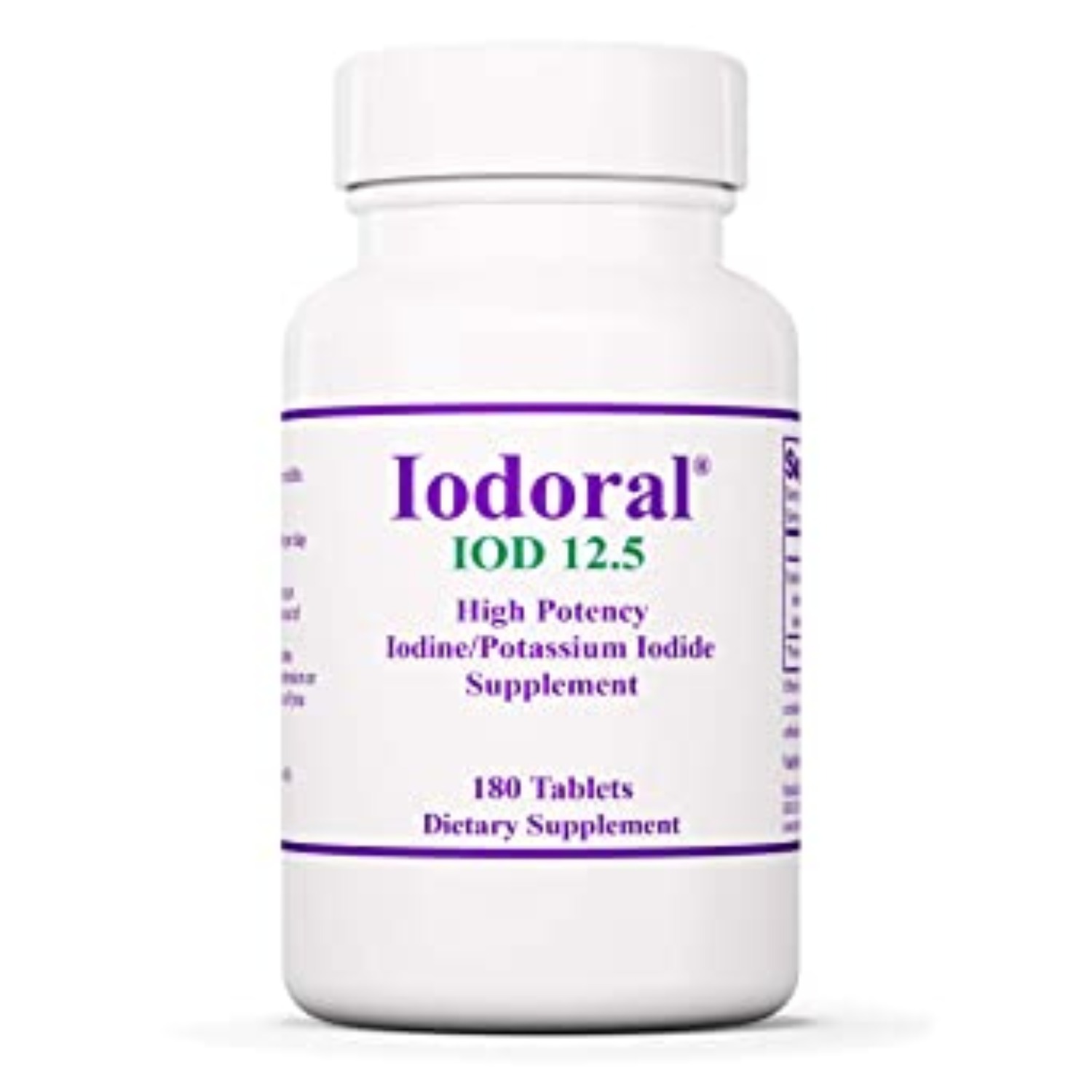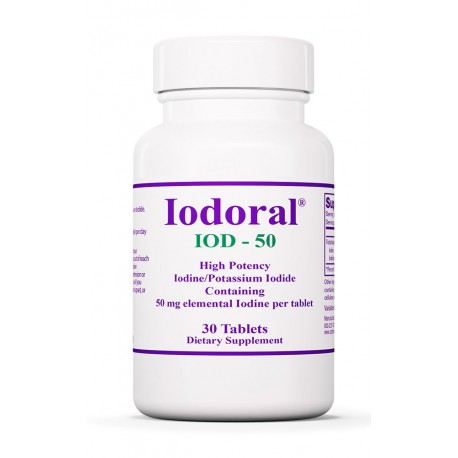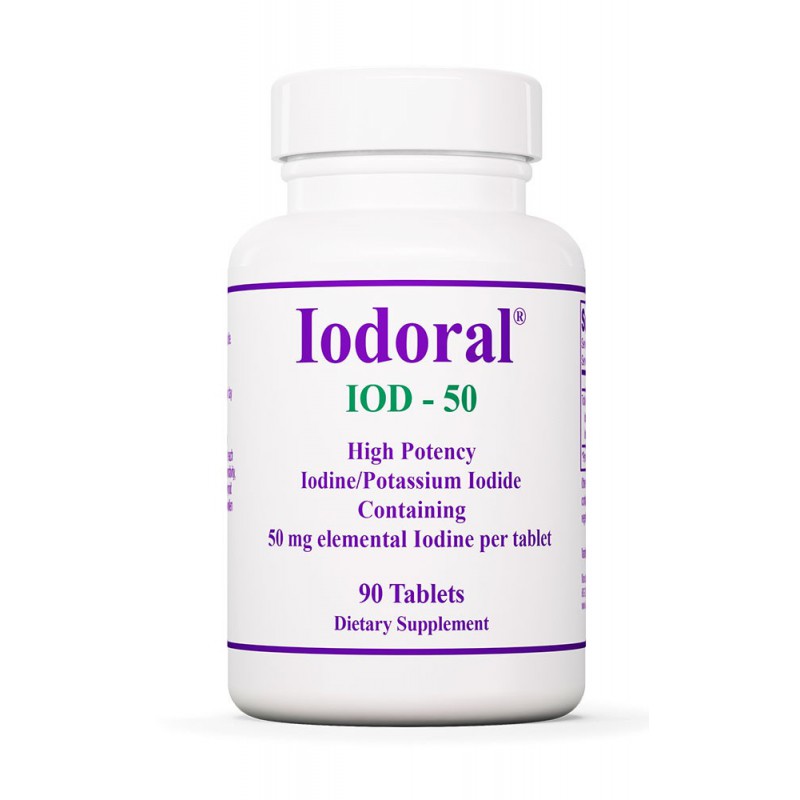Here's the transcript of the presentation.
welcome everyone today I'm with dr.
David Brownstein who is really kind
enough to join us from conference that
he's attending to educate for continued
his education and and really spend some
time with us to help bring us up to
speed on this really important nuclear
crisis that's in Japan and its impact on
the United States and you know for those
of the United States and then certainly
other information for those of you were
other places but dr. Brownstein has
extensive clinical experience with
iodine and that's particularly useful in
this scenario so it'll be other
information other than a nuclear crisis
that he'll be willing to share with us
so welcome dr. Brownstein thank you for
having me dr. Mercola all right so why
don't you describe to our listeners your
experience with iodine and that really
gives you a herbal perspective in this
situation that can help us understand
what might be an appropriate response
well I've been interested in the use of
iodine or approximately the last 20
years in the first 10 years of my
holistic practice I saw so many patients
with thyroid disorders that I was
searching for the underlying reason or
reasons why so many people were having
side problems and it always came back to
iodine at some point and I would try
various amounts of iodine in my patients
and although I wasn't seeing negative
effects with it I just wasn't seeing the
positive effect and approximately 10
years ago I read an article in one of
the journals from dr. guy Abraham was
developed in iodine loading test and I
became friendly with him and began using
his tests and finding a vast majority of
my patients were severely deficient in
iodine and when he educated me about the
right forms of iodine to use and I began
using the right forms of iodine then I
began seeing the positive results of my
practice and so far between myself and
my partners we've tested over 5,000
patients with either spots urinary test
for iodine or 24-hour urinary iodine
loading tests and found over 95% of
patients moderate to severe lead
efficient and I
and we've just seemed to cook clinical
results over the years of using anything
and now it's really become I tend to
come to the forefront with this nuclear
crisis in Japan yes and I think that's
really the key is the is to
understanding this process so what if
you can describe a little more detail
the the test at the iodine spot test
that you're using and the the iodine
urine test because many people are doing
the self diagnosis where they're
applying some iodine topically and
seeing how long it takes to disappear is
that the spot test using or there's no
different variation of it well the skin
test that you're describing is really a
useless test and so that are studies
that show that 80% of the iodine
sublimates off into a gaseous state and
Lisa skin I don't find that clinically
useful the test that I'm talking about
it's either a spot urinary iodine test
where you just measure the morning urine
and see how much items in there and it
gives you an idea of the dietary iodine
intake from somebody or 24 hour iodine
loading test where somebody takes a
known amount of iodine collects 24 hours
of urine and you measure how much iodine
is excreted and you can calculate how
much the body retains and from that you
can estimate how efficient somebody is
an iodine those are the two tests that
I'm using and I find those two tests
both clinically helpful in diagnosing as
well as treating someone for iodine
deficiency
I seen the latter would be more useful
because if someone were to take a large
dose of iodine initially that spot test
could be falsely accurate or falsely
elevated where is it they would be
sufficient as to the booze relative to
the last one which would be more
reflective of the long-term status I
would totally agree with that although
with over 95 percent of patients and
latter too severely iodine deficient the
spot urinary iodine cuts as long as
they're not taking iodine can be an
accurate indicator of the body iodine
status yeah it kind of reminds me of
another nutrient that we're both I'm
sure an agreement on this vitamin D and
it is my belief certainly not some of
the so-called quote-unquote experts that
that about the same amount of people are
I'd a vitamin D deficient but it really
depends on what you use as a standard
you know because a lot if you're using
20 or 30 nanograms as a standard you're
going to get
different than using 15 anagrams wait so
you know it's really interesting so the
biggest clinical condition that you see
from and this is really an extraordinary
observation they have you know 19 people
out of 20 be deficient in this really
important nutrient to do and can you
well first of all can you describe the
Kop the the implications of being
deficient and then what you will leave
might have led to that deficiency
because it really I mean that's just
really extraordinary that many people
not have enough of that nutrient well
dr. Mercola
I've lectured across the country and out
of the country and I asked all the
practitioners and my lectures what
percent of people do they think are
walking around with saira tissues and
invariably the number comes up with
usually the minimum around 50% and the
maximum around 75 to 80% so we have
fifty to eighty percent of our
population with an undiagnosed abnormal
thyroid function we've got a big problem
in our country and we've got a problem
that's being driven I think in part from
iodine deficiency and the thyroid gland
has the largest concentration of iodine
we can't make thyroid hormone from
without iodine and I think that this is
one large piece of the puzzle why so
many people are having thyroid problems
but it's not just the thyroid gland that
has iodine all the glandular tissue does
the breasts the ovaries the uterus the
prostate and other tissues the skin
holds 20% of the body's iodine they fed
in a muscle cells whole large amounts of
iodine so iodine is concentrated in
every cell in the body every cell needs
and utilizes iodine the white blood
cells can't function without adequate
iodine I mean the list goes on and on I
think is a very important nutrient for
the body and when it's efficient there
are ramp wide ramifications in the body
of what can happen okay would you have
any speculation as to why we're so
deficient well I think that I worsted I
think that sufficiency has been going on
a long time but now this deficiency is
being exacerbated by the toxicities
we're exposed to being fluoride in our
water supply will bind to iodine
receptors and cause the body to release
iodine bromide which I have found and
be patient that I've tested for bromide
which has been nearly 500 they've been
high on bromide levels bromide is a
halogen that can bind to iodine
receptors and also caused by the deluge
iodine chlorine derivatives which are
found in pesticides and insecticides can
bind to iodine sites and cause the body
to release iodine I think that our
exposure to these items have gone up
dramatically in the last twenty to
thirty years causing this iodine
deficiency problems are markedly
worsened and I think that's the the
problem that we're seeing today and and
I think that the consequences of this
are one in seven women having breast
cancer one in three men having prostate
cancer and this is huge chronic illness
problem that we're seeing that's not
being addressed by conventional medicine
I couldn't agree more so and just for
those of our listeners aren't familiar
bra why why we would be having high
levels of bromine because it you don't
think you're normally exposed to it but
for anyone who's eating white flour
products usually bromine bromine is used
to bleach the flower and not only
produces bromine produces brominated
halogen other organic chemicals which
are probably even worse and bromine is
also found in in many soft drinks such
as Mountain Dew and some Gatorade
products an EMP energy drink we're
getting bromine from a wide exposure in
our food supply and you know it's just
been a disaster
and it's it bromine will bind whoever
iodine binds to in the body die rate
hormone can be brominated instead of
biotin ated if there's too much bromine
in the body unfortunately our common
laboratory tests don't distinguish
between the two so we don't really know
and most people with happening but my
testing of patients has shown generally
the sicker they are the higher the
bromide levels are and if they have
cancer one of the endocrine cancers such
as breast or prostate or uterine or
thyroid cancer may have higher levels
and patients without those cancers and
so it sounds like it's a it's a variety
it's not just a simple deficiency there
inadequate intake of iodine but the
exposure to these relative toxins that
we typically didn't have because almost
everyone's drinking or exposed to
fluoridated water and the bromine that
you mentioned and the chlorine of course
so that's displacing it making it
giving us a relatively increased
requirement for iodine to replace the
ones that works but those toxins that
were influenced by so it's the
combination banana-head
yeah so thank you for helping us and me
understand that better so the reason for
the primary reason for the quality was
to have some solid recommendations to
really address the fear because I think
this is a from my perspective I don't
believe this is a the nuclear crisis is
Japan is going to impact the people in
United States hardly at all if at all
but it's good and that it sensitizes to
this issue we could we could address
because there may be another nuclear
reactor within the United States it does
present this problem where it is an
issue but from my understanding you
really it's probably not why is to take
a large dose of potassium iodide to
protect yourself from this cloud unless
you have high radiation holes because
it's only going to give you protection
for one to three days at most and it's
really not going to solve any long-term
problems and I'm wonder if you could if
you could we could have your perspective
on that well we're certainly not going
to feel the the nuclear be the radiation
fallout that the Japanese are going to
feel but if this number four reactor
melts down or if it's not already
melting down although it's hard to tell
from what the Japanese government is
releasing we are going to get some of
that exposure and the problem with even
a mild exposure of radioactive iodine
coming over the northern United States
is not for those people who are iodine
sufficient it's for those people or
iodine deficient if that if that
radioactivity comes down in the form of
rain or mist or hail or something like
that those patients bodies where iodine
deficient will bind that up and it will
cause some problems I agree with you I
do not think we're going to see the
white health crises we're seeing in
Japan but this will be just another drop
in our toxicity environments and for
those right and efficient there are
probably are some consequences to that
and that's why I said at the beginning
of the talk I hope this is a wake-up
call to those who who are been emailing
me and who are concerned about iodine
but we should take precautions before
events like this happen we should eat
better diet we should keep ourselves
hydrated we should take the right kind
of salt in our diet we should make sure
that if I have enough iodine and enough
vitamin C to survive crises like this
and that's what our bodies are looking
for and if you have that nerve in your
body you don't have to worry about a
crisis in Japan
sure
© 2021 Raw Perfection Ltd. All Rights Reserved




